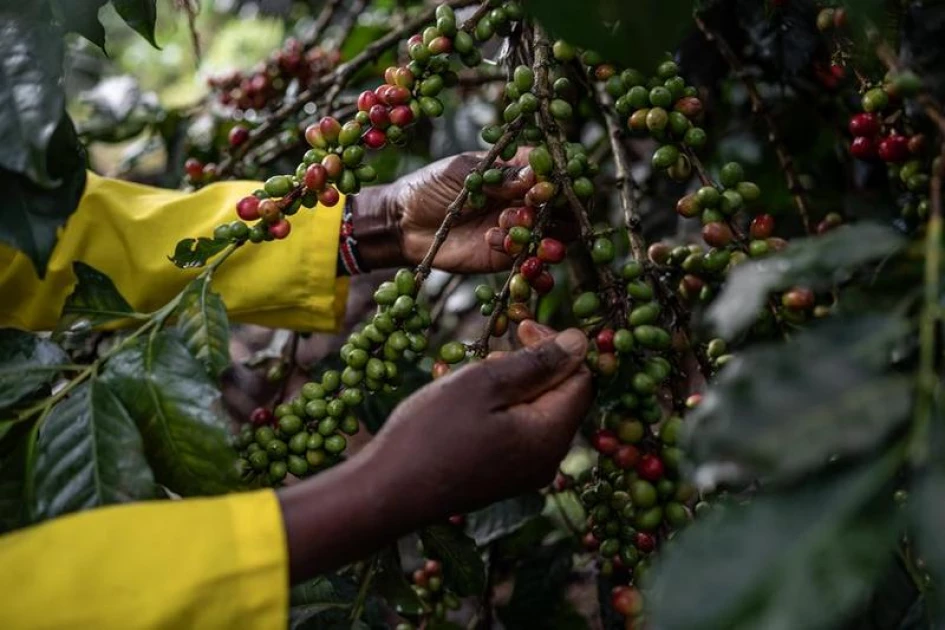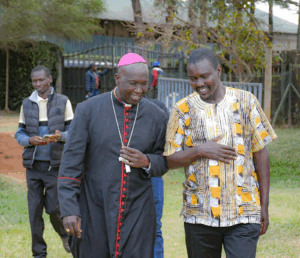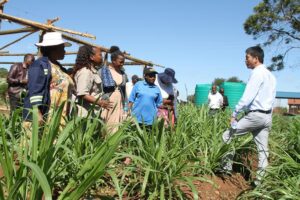Court Halts Government Rollout of DSS Coffee Payment System Until 2026
They said the decision validated their long-standing concerns about rushed government directives that ignore farmers’ voices.

Justice Muriithi ordered that the government has six months to inform the court whether it has conducted adequate public participation or opted to withdraw the challenged policy altogether. Photo/Courtesy
By Ruth sang
The Kerugoya High Court has temporarily halted the implementation of a new coffee farmers‘ payment system, DSS, on grounds that the process was not subjected to sufficient public participation. Justice Edward Muriithi issued the suspension as he delivered a judgment in a petition that challenged the legality of the Capital Market-Coffee Exchange-Fees Regulations, 2024.
The court said the state reached the decision without involving farmers from 15 key coffee-producing counties and was in contravention of constitutional provisions requiring public involvement in the formulation of policies touching on their interests. The judge underscored that a government should henceforth ensure all relevant stakeholders, more so the farmers who are directly affected, are involved in decisions that dramatically alter the coffee value chain.
The petitioners, mostly coffee growers and representatives of various farmer unions, said DSS was introduced without open consultation, parliamentary oversight, or clear mechanisms for addressing farmer grievances. They also said that the selection of a commercial bank to handle the settlement system was done against the law and without following due process. The court accordingly noted that no sufficient avenue for public comment or feedback had been afforded by both the National Assembly and relevant ministries.
Among the concerns raised by farmers was that direct payment to small-scale farmers through mobile money platforms would lead to impulsive spending. They stated that in the absence of measures to ensure the same, many farmers would not be able to make provisions for major annual expenses incurred toward school fees, farm inputs, or household needs. They insisted that any new model should be developed in collaboration and take the economic realities of rural communities into consideration.
The farmers, numbering in their hundreds from Kirinyaga and other coffee-growing areas, took to the streets of Kerugoya town to celebrate the judgment immediately after the ruling. Led by National Coffee Cooperative Union official Felix Muriithi, Vice Chairperson Muriithi Maina, and Kirinyaga Slopes Union Chairperson Geoffrey Munyagia, the farmers expressed their renewed faith in the judiciary. They said the decision validated their long-standing concerns about rushed government directives that ignore farmers’ voices.
Kirinyaga Central MP Gachoki Gitari also hailed the ruling, adding that the government clearly had failed to conduct meaningful public participation. He called on the concerned ministries to go back to the drawing board and engage closely with the farmers before they made any further decision on the matter. Justice Muriithi ordered that the government has six months to inform the court whether it has conducted adequate public participation or opted to withdraw the challenged policy altogether. He said that the Capital Market (Coffee Exchange) (Fees) Regulations, 2024, would remain suspended in the meantime. The case will come up for mention on May 20, 2026, for further orders.







